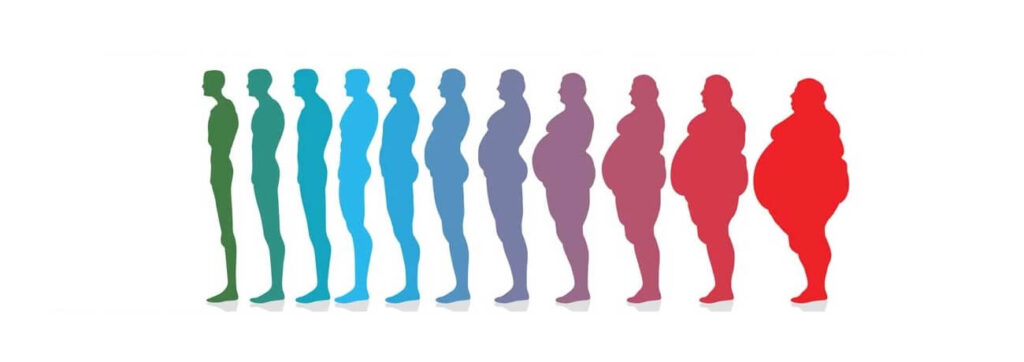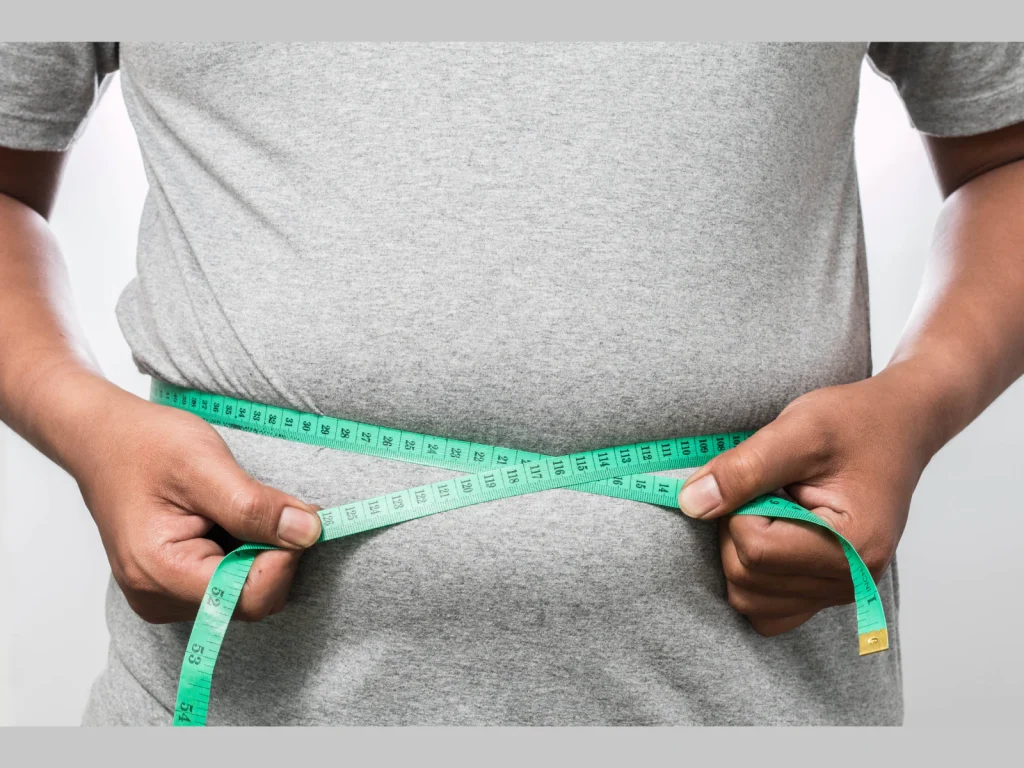Vanessa Quarmby, We Are Wellbeing’s Dietician, shares an insight into Obesity through answering what it is and how it is measured.
How is Obesity defined?
In broad terms, obesity or ‘obese‘ are used when an individual carries excessive body fat which can severely impair their health. One measure of body fat is through calculating Body Mass Index (BMI). BMI is a crude way of measuring whether somebody is of a healthy weight. It does not take into account body composition, age, ethnicity, gender etc.
Check out the NHS website for a BMI calculator to look at your weight and height. Being aware of our weight is really important as once we know if we are overweight or obese, we can do something about it.
Waist circumference is another way to measure obesity. It can also highlight whether an individual is likely to develop Type 2 diabetes or other health conditions. Storing weight around the abdomen/tummy can be harmful to our health.
What are the statistics for Obesity in the UK?
According to the NHS, overweight is a BMI of 25-29.9 and obese is a BMI of 30. Furthermore, NHS (2021) found a higher proportion of men were either overweight or obese (69%) compared to women (59%). Figures for 2021 show that 26% of adults in England were obese and how rates of obesity increase with age. These statistics are concerning as they express how it is now not the ‘norm’ to be a healthy weight and how more people are creeping towards obesity. Being overweight or obese has a huge impact on your health. Risks include raising the chance of developing heart disease, diabetes and cancer.

How do people become obese?
There are many factors… Diet, movement, sleep, genetics, medical conditions, the environment we live in- to mention just a few. There is a huge interplay between all of these factors, it is not as simple as ‘eat less, move more’.
How do you lose weight if you are obese?
There are many different ways to lose weight if you are obese. One example to help lose weight is through dieticians. Dieticians help people to lose weight by looking at their individual lifestyles and tailoring advice to suit the person.
Support is important, as are realistic goals. Losing 1-2lbs per week is a great rate, slow and steady wins the race. Small changes really do make a big difference. Life-long changes are the most successful. Adopting a new lifestyle which is sustainable, achievable and fits in with everyone in your household is so important.
Obesity in the workplace
With National Obesity Week underway, why not think about raising awareness in your workplace about Obesity and invest in our employee health checks?
Check out our blog on health checks and find out why you should invest in them for the wellbeing of your workplace!







